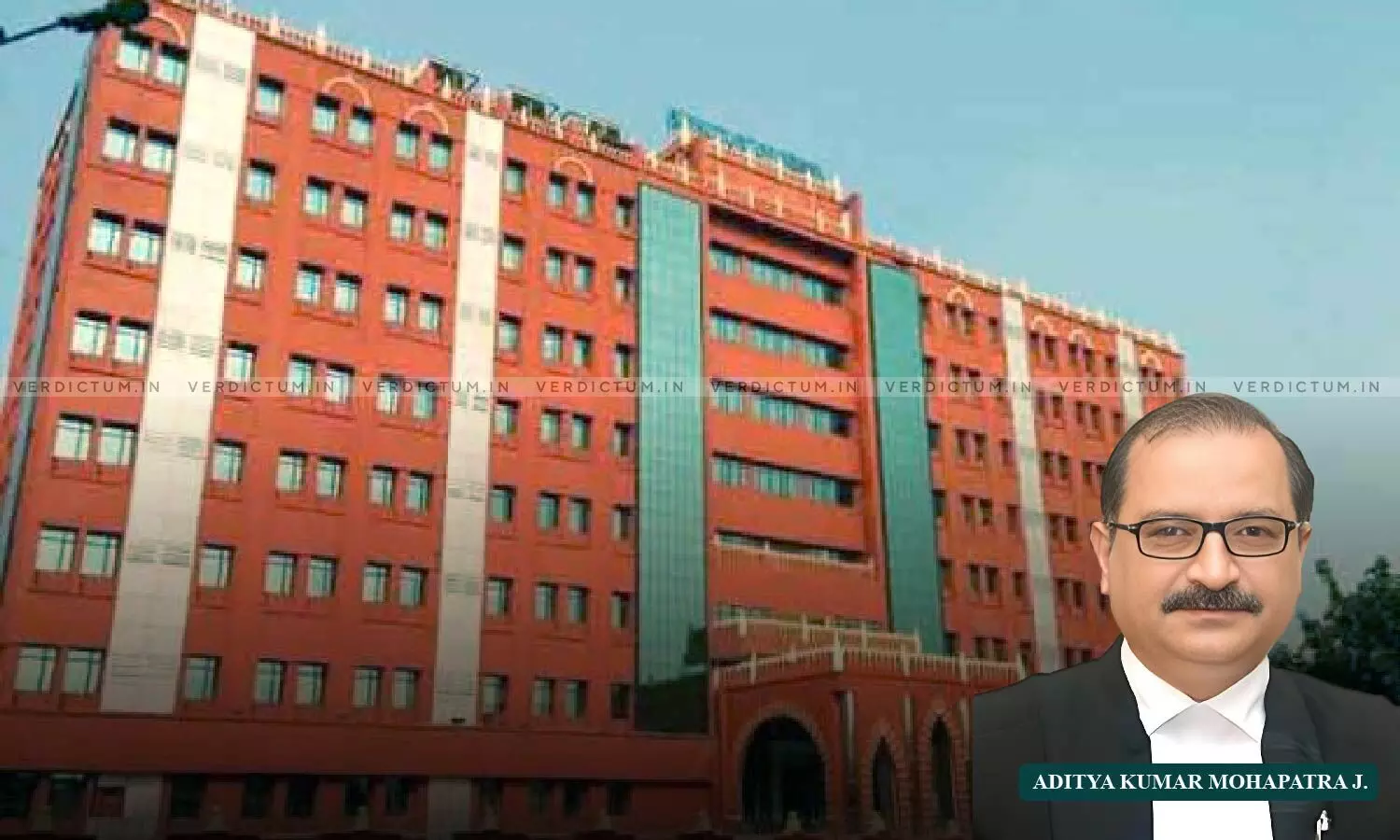
Entire Tragedy Is Result Of Composite Negligence On Part Of Railway Officials: Orissa HC Grants Bail To Railway Employees Accused In Balasore Train Accident
 |
|Observing that the Balasore train accident resulted from the composite negligence of the railway officials, the Orissa High Court granted bail to the three railway officials accused of the tragedy.
The Court allowed the bail applications after noting that the accused were “regular railway employees” who have been languishing in jail custody since July 2023. The Bench also considered the fact that the investigation had been concluded and the final charge sheet was filed against the accused by the Central Bureau of Investigation (CBI) under Sections 304 Part-II, 34, and 201 of the IPC, read with Section 153 of the Railway Act, 1989 (the Act).
A Single Bench of Justice Aditya Kumar Mohapatra held, “On a wholesome consideration of the entire incident, this Court is of the view that the entire tragedy is a result of a composite negligence on the part of the railway personnel/officials/executives, who were responsible for the upkeep, maintenance and proper functioning of the signal system at BNBR Station. Having said, it is without doubt, that the role of the present Petitioners in the present incident is shrouded in the clouds of doubt and no satisfactory answer is coming forth from them. However, at this stage, it cannot be presumed that these Petitioners are solely responsible for the alleged tragedy.”
Advocate V. Subramoniam T.R. appeared for the petitioner, while Advocate Sarthak Nayak represented the opposite party.
The tragedy occurred on June 2, 2023, at Bahanaga Railway Station, where a collision between two trains resulted in the death of approximately 296 passengers and injuries to others. The accused had initially filed separate bail applications which were denied by the trial court. The accused then approached the High Court, where the bail applications were taken up together as they related to the same incident and involved similar questions of facts and law.
The CBI opposed the bail applications, arguing that the accused were involved in the maintenance work related to the signal system and were responsible for the conditions that led to the accident.
The High Court noted that “the magnitude of the crime, if at all the same has taken place, is huge, especially considering the impact of the accident.”
Therefore, the question for determination was whether the accident was a result of any crime committed by the accused persons, i.e. whether the accused persons were harbouring any mens rea to give effect to their criminal design, or is the accident, which caused loss of valuable human life and property, a result of composite negligence on the part of the railway authorities in maintaining the railway tracks and signal system.
“Therefore, the larger issue that is required to be adjudicated in the course of the trial is not only the criminality attached to the incident but also whether the railway authorities have discharged their responsibility as per the railway manuals/guidelines/circulars. There is no doubt that had the authorities been more careful and sincere in discharging their duties, the accident could have been averted, thereby saving the human lives lost,” the Court remarked.
The Court clarified that “it is not the case of the prosecution that the Petitioners entered into the Relay Room…absolutely without any authority. In other words, the petitioners’ entry into the North Goomty and the tampering with the circuit in North Goomty, which is the bone of contention of the prosecution, does not conclusively indicate that the Petitioners are solely responsible for the tragedy.”
“However, it is without doubt that the same does point a finger of accusation at the Petitioners. Furthermore, considering the fact that the evidence which is required to be adduced and then to be examined by the trial court is highly technical in nature, this Court, at this stage, refrains itself from making any further observation in the matter which would eventually cause prejudice in the mind of the trial court while conducting the trial,” the Bench further clarified.
Consequently, the Court observed that “the investigation in the present case assumes more significance. Be it a criminal act causing death of hundreds or a negligence on the part of the Indian Railways and its officials and employees, one thing is for certain; the magnitude of the damage in the present case is huge. Therefore, the investigation is required to be broad-based and comprehensive, taking within its sweep the conduct of every officer involved in the signalling system.”
Accordingly, the High Court allowed the bail applications.
Cause Title: Mohammad Amir Khan v. State Of Odisha (through CBI)
Appearance:
Petitioner: Advocates V. Subramoniam T.R. and Kedar Nath Tripathy
Opposite Party: Advocate Sarthak Nayak